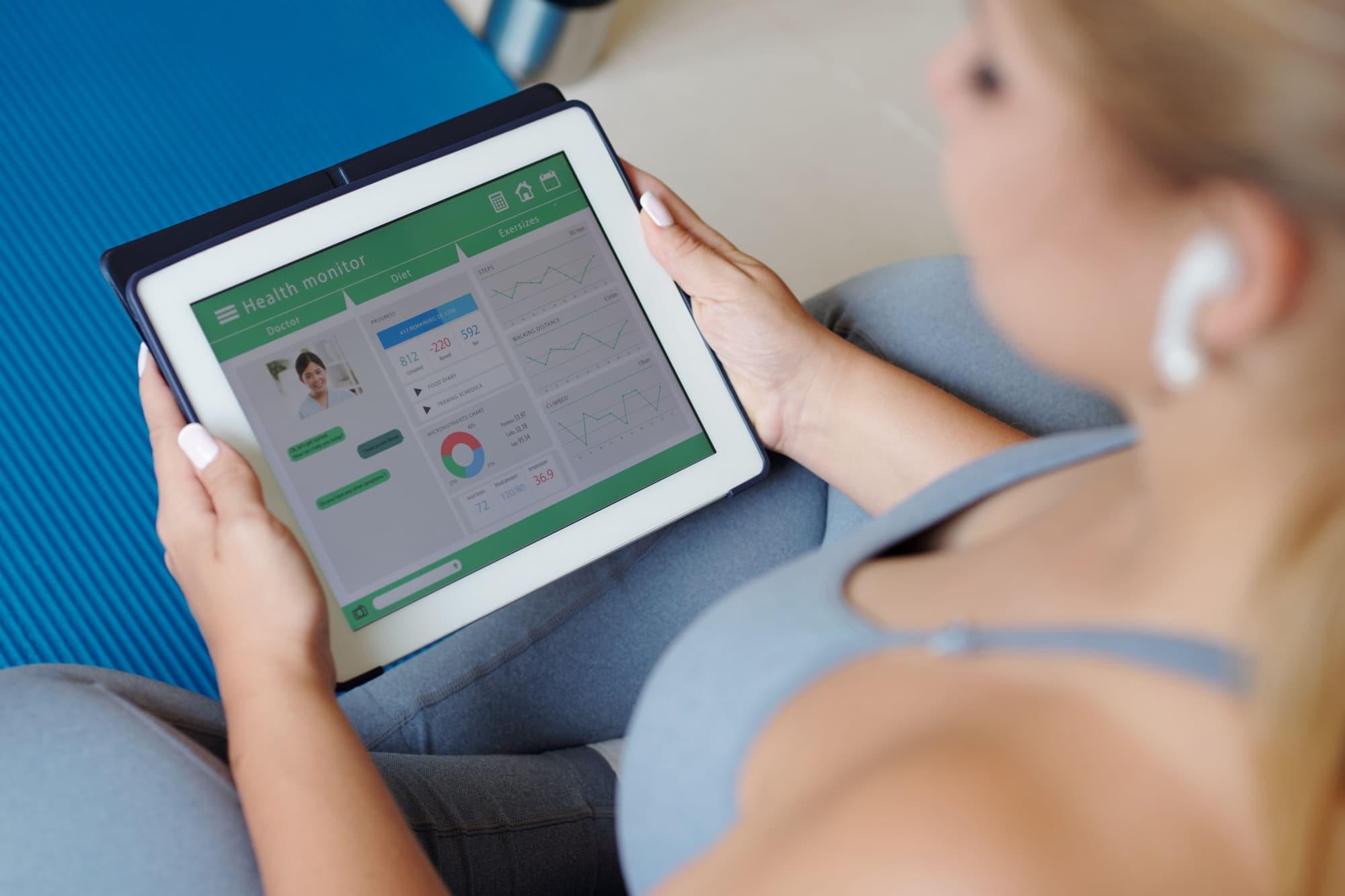Glucose 6 Phosphate Test
The G6PD Test measures glucose-6-phosphate dehydrogenase (G6PD) levels, helping diagnose G6PD deficiency, a genetic condition that can damage red blood cells when triggered.
The G6PD Test measures the levels of glucose-6-phosphate dehydrogenase (G6PD), an enzyme involved in red blood cell function. This test helps diagnose G6PD deficiency, a genetic condition that can cause red blood cell damage in response to certain triggers.
Who would benefit from this test?
Individuals with a family history of G6PD deficiency.
Patients with a history of symptoms related to G6PD deficiency, such as anemia or jaundice.
Individuals from populations at higher risk for G6PD deficiency, such as people of African, Mediterranean, or Asian descent.
Individuals who require certain medications or exposure to triggers that may cause red blood cell damage in G6PD-deficient individuals.
People wanting to know their G6PD status for medical or family planning purposes.
Why undertake this test?
To diagnose G6PD deficiency and determine the risk of red blood cell damage in response to specific triggers.
To guide medication choices and avoid potential triggers for individuals with G6PD deficiency.
To provide appropriate medical care and management for G6PD deficiency.
To educate individuals on managing G6PD deficiency and preventing complications.
To facilitate family planning decisions and genetic counselling.
Test Type: Biochemistry
Results Estimated: 5 Working days.
A little more detail:
The G6PD test, or Glucose-6-Phosphate Dehydrogenase test, is a blood test used to assess the activity of the G6PD enzyme, which plays a crucial role in the body’s ability to protect red blood cells from oxidative damage. G6PD deficiency is an inherited condition that can lead to hemolytic anemia, a condition characterized by the destruction of red blood cells faster than the body can produce them.
Key aspects of the G6PD test include:
- Purpose: The primary purpose of the test is to diagnose G6PD deficiency, which is more common in individuals of African, Mediterranean, and Asian descent. Symptoms of deficiency may include fatigue, jaundice, dark urine, and paleness, especially following certain triggers like infections, medications (e.g., sulfa drugs, aspirin),- or certain foods (e.g., fava beans).
- Testing Method: The test typically involves a simple blood draw, which is then analyzed in a laboratory. The results indicate the level of G6PD enzyme activity in the blood.
- Interpreting Results Estimated: Normal enzyme activity suggests no deficiency, while low levels indicate G6PD deficiency.
Identifying G6PD deficiency is essential for managing the condition and preventing hemolytic crises. Individuals diagnosed with this deficiency are advised to avoid certain triggers and medications to maintain their health and prevent complications. Regular monitoring may be necessary for affected individuals.
-
In house venous draw included. The in house sample collecon ensures that the sample is less likely to come back inconclusive.
-
Results delivered directly to you via email and available via the laboratory portal.
-
Our in house doctors are available to review the results with you via an online session at a supplementary cost.
How it works
Purchase Test
Find the test that you are looking for, add to your basket, check-out and pay.
Select Appointment
On paying for your test you will be prompted to select a date and time for your blood sample collection.
Turn Up
Arrive on the day of your test to have your blood sample collected.
Get results online
When your results are ready you will receive them via email or can access via the laboratory portal.
Get your personalise report online
Once you have had your sample collected by our in-house phlebotomist, the sample will be delivered to our laboratory partner who will then process the sample. Once the sample has been processed you will receive an email with an attachment of the report informing you your results are ready to also be viewed online via our dedicated portal. Should you wish to discuss the results with one of our doctors, you will be able to add a remote call to your booking at a supplementary cost. The sessions last up to 30 minutes and are an opportunity for you to ask any questions that you may have.
